Apolong is the result of
cooperation between King Long and Baidu. It’s the first commercial autonomous
bus in China, fully reaching the high automation of L4.
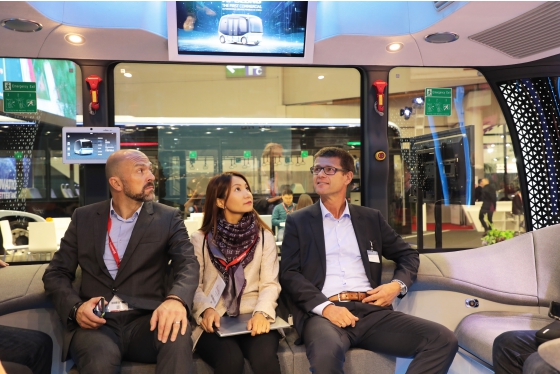
The bus on exhibition this time is the Apolong 2.0, an
iterative upgraded product of Apolong after one-year's commercial operation. It
has the autonomous driving capability in more complex situations.
Compared with the first generation, the King Long ApolongApolong
2.0 is equipped with an HW3.1 autonomous driving system, and has such upgraded
configurations as high-performance Intel E5 and 8-core processors, and has a
stronger computing power. Its higher-performance voltage stabilizing template
can not only enable stable power supply but also maintain reliable endurance
even in harsh environments such as cold and humidity. In respect of endurance,
which has drawn much attention, King Long ApolongApolong 2.0 has been equipped
with the CATL power battery, which has increased from 42.3kwh to 49.3kwh in
capacity, reduced by 50% charging time whileincreased by 20% driving mileage.
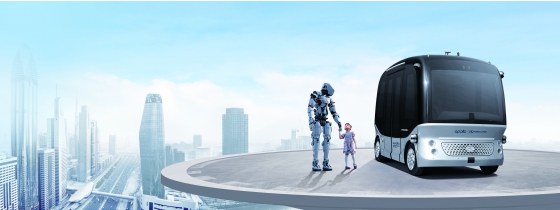
Meanwhile, King Long ApolongApolong 2.0 has also realized
an upgrading in terms of interiors. A plurality of USB charging ports are added
to provide convenience for charging mobile devices. The seatadopts thinner
folding seat, which makes the vehicle more comfortable and tidy. Through those upgrades,
King Long ApolongApolong has become more sophisticated and modern.
King
Long took the lead to enter the field of Internet of Vehicles (IOV) in 2010.
Since then, it has been continuously exploring the intellectualization and
networking of bus driving.
As the
product generated from the combination of new energy and intelligent network,
Apolong enjoys reliable driving safety, high-intensive self-driving ability,
and cool appearance with a strong sense of science and technology. The birth of
Apolong indicates a leap in automobile intellectualization, electrification,
networking and sharing. Apolong not only reflects the abilities of human to
harness the current science and technology but also indicates the ambitions of
human to keep the future in their own hands.
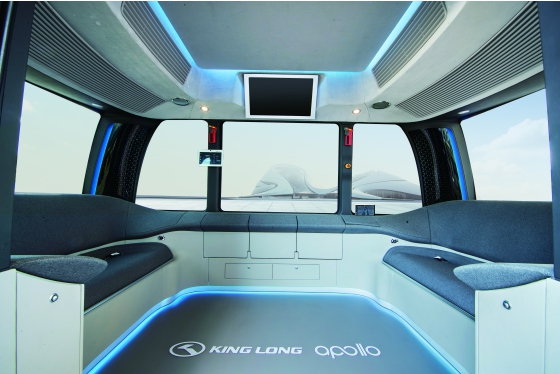
Apolong
has realized the L4 self-driving function via Baidu's Apollo and King Long's IOV
big data platform. Apolong has a series of self-driving abilities, like getting
in and leaving the parking space, automatic following, obstacle avoidance,
moving straight/making a turn/turning around at an intersection, and stopping
at a station. In addition, Apolong can actively collect and upload scene data
when moving. Upon completion of cloud programmed algorithm optimization, the
vehicular programs can be updated by OTA upgrading. In this way, the
self-driving ability is upgraded correspondingly.
The
vehicular human-vehicle interaction system supports natural language dialog,
face identification, mobile APP, and personalized customization contents.
Relying on the highly intelligent self-driving ability and the interaction
function, Apolong becomes an intelligent mobile space really understanding your
needs.
By
collaborative work of various sensors installed all over, Apolong can obtain
the overall recognition of surroundings (such as pedestrians, obstacles, signal
lamps and traffic signs). Apolong can then predict the possible moving trails
of the surroundings by processor computing and generation of obstacle
classification and status.

 English
English فارسی
فارسی français
français русский
русский español
español português
português العربية
العربية 한국의
한국의 ไทย
ไทย Tiếng việt
Tiếng việt

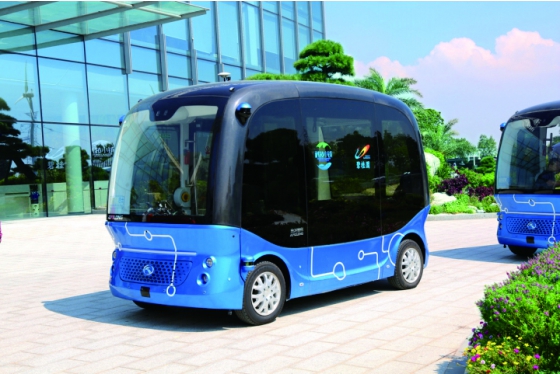

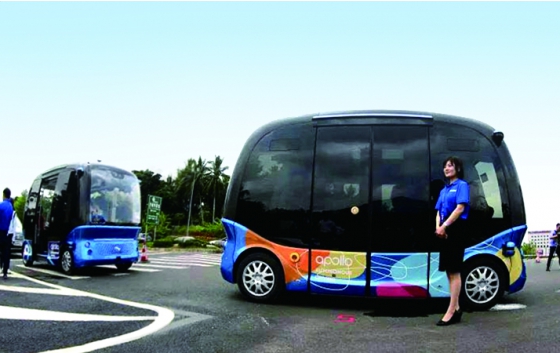
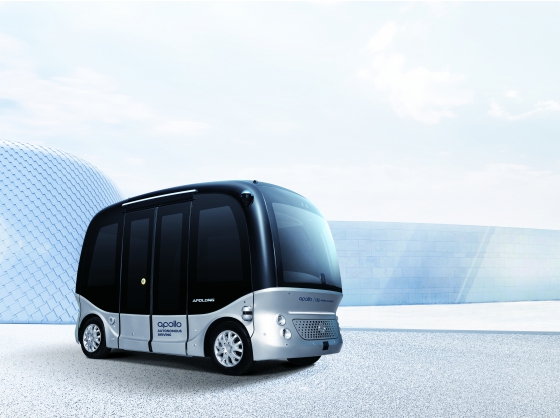


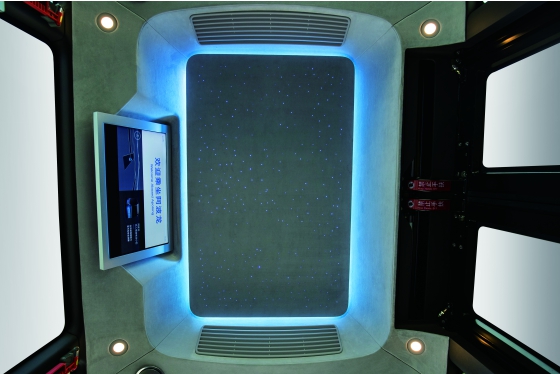






 IPv6 network supported
IPv6 network supported